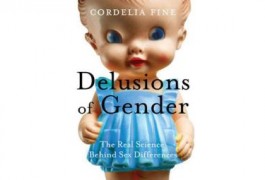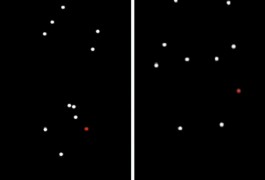Bad trip
Hallucinogens like LSD and MDMA may help people with autism become more sociable, but negative side effects argue against their use.

Two new studies of families carrying glitches on a region of chromosome 16, which has been strongly associated with autism, reveal the wide range of effects caused by the variant and narrow the list of possible culprit genes.

Teenagers with autism can reliably measure their own quality of life and are more satisfied with it than are their parents, who over-emphasize their children’s social and emotional difficulties, according to a study published in February in The Journal of Developmental and Behavioral Pediatrics.

The ‘intense world theory’ says autism stems from hyper-sensitive reactions to the world, allowing the individual to zoom in on tiny details, but ignore the bigger picture.

People with autism tend to use more expressive language than controls do when asked to describe the movement of geometric shapes. But their descriptions are inaccurate.

Relatives of individuals with autism recognize faces and emotions better than people with autism do, but not as well as typically developing controls do, according to a study published in December in Autism Research.

Delusions of Gender takes issue with sexism disguised as scientific fact. I think the book is a provocative cautionary tale for autism researchers.

People with autism are slower than controls at interpreting emotions expressed by physical movement, researchers reported Wednesday at the Society for Neuroscience annual meeting in San Diego.

People with autism take longer to decide whether emotionally ambiguous facial expressions are positive or negative — and are more likely than healthy controls to choose the latter, say researchers who reported their results in a poster Sunday at the Society for Neuroscience annual meeting in San Diego in San Diego.